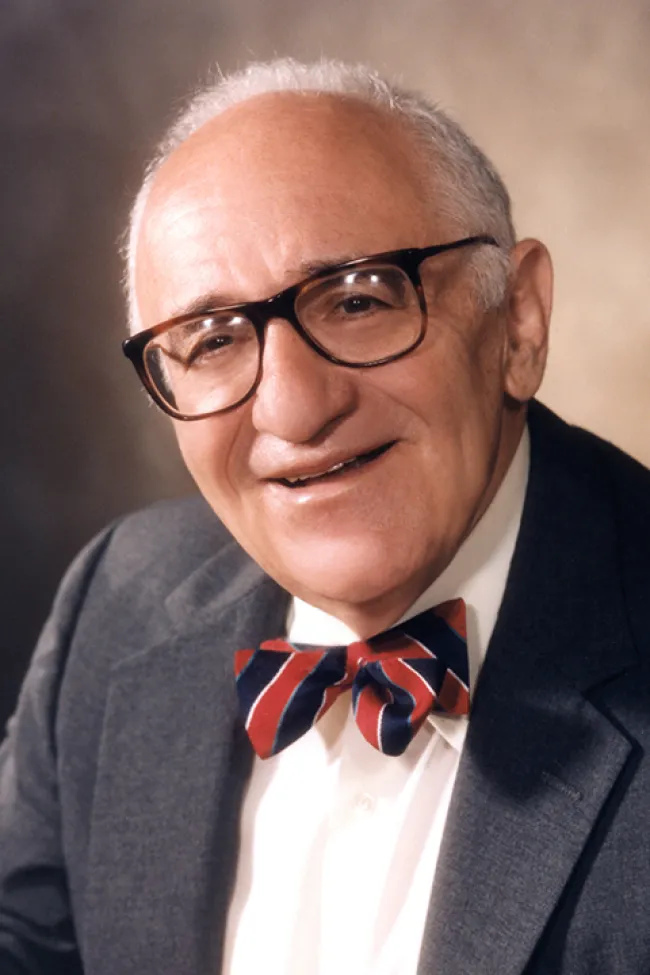- Downloads:
- View HTML Version
- Mystery of Banking.pdf
- Mystery of Banking.epub
- El misterio de la banca.pdf
Readers of The Mystery of Banking will find that money and banking are, contrary to what the book’s title might suggest, no longer a mystery to them. Textbooks on money and banking are often prolix, dull, and confusing, but Murray Rothbard explains the essential issues in a step-by-step fashion.
How does Rothbard proceed? The key to the book is that, following his mentor Ludwig von Mises, he integrates monetary theory with the basic principles of value theory that apply to all goods and services. He begins with a discussion of supply and demand. Once you understand how prices are determined in a free market, you are in a position to understand how the same principles apply to the demand and supply of money.
With his characteristic clarity and incisiveness, Rothbard explains the origins of money. Mises’s regression theorem shows that money had to originate as a commodity. Rothbard next shows how banking got started. He shows the difference between loan banking and deposit banking. Fractional reserve banking allowed credit expansion, but so long as there was no central bank, inflation of the money supply was limited.
Rothbard was not only an outstanding contributor to Austrian monetary theory but a great economic historian as well. He offers a detailed account of how central banking developed in England and Scotland. Central banking made massive inflation possible.
In even greater detail, he discusses the banking history of the United States in the nineteenth and twentieth centuries. Readers who absorb his account will learn how the Federal Reserve System promotes monetary instability and the business cycle. Rothbard concludes by showing how we can return to a sound monetary system, based on the gold standard.
If you follow Rothbard’s step-by-step explanation of money and banking, you will learn the key principles that will enable you to understand the financial economy today.

No content found

Murray N. Rothbard made major contributions to economics, history, political philosophy, and legal theory. He combined Austrian economics with a fervent commitment to individual liberty.
The Bill of Rights transformed the Constitution from one of supreme and total national power to a partially mixed polity where the liberal anti-nationalists at least had a fighting chance.
The Bill of Rights transformed the Constitution from one of supreme and total national power to a partially mixed polity where the liberal anti-nationalists at least had a fighting chance.
Murray Rothbard recounts how during the French and Indian War (1754–63), Americans continued the great tradition of trading with the enemy.
New York: Richardson and Snyder, Dutton, 1983.
The book is dedicated to:
Thomas Jefferson, Charles Holt, and Ludwig von Mises
Champions of Hard Money
Written by Murray N. Rothbard in 1983.
Published by the Mises Institute in 2008.
ISBN: 978-1-933550-28-2

